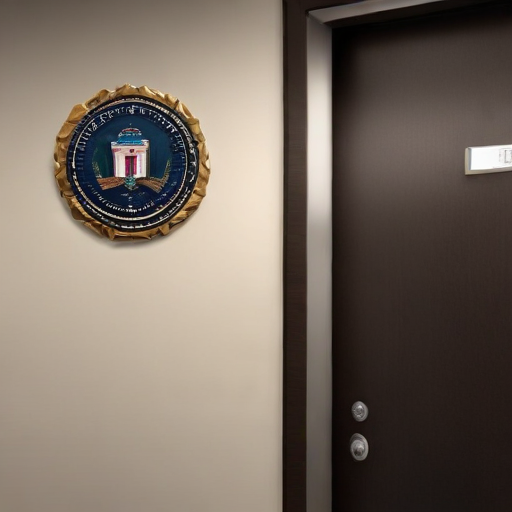FBI Director Christopher Wray has announced his resignation, effective at the conclusion of the Biden administration in January, coinciding with President-elect Donald Trump taking office. In remarks made to bureau employees, Wray emphasized that his decision was driven by a desire to prioritize the FBI’s mission and to prevent the agency from being ensnared in political disputes.
Wray noted, “My goal is to keep the focus on our mission — the indispensable work you’re doing on behalf of the American people every day.” He aims to uphold the fundamental values of the FBI as he steps down, reinforcing the importance of objectivity, independence, and commitment to the rule of law.
Trump has indicated plans to nominate Kash Patel as the new FBI director, a position traditionally held for a ten-year term, designed to insulate the agency from political pressures. Current FBI Deputy Director Paul Abbate will serve as acting director until Patel’s confirmation, following Wray’s exit.
The announcement comes after a period of significant tension between Trump and Wray, particularly following the FBI’s search at Trump’s Mar-a-Lago estate, which has fueled the former president’s narrative of the bureau being politicized. Trump described Wray’s departure as a “great day for America,” signaling a desire for a more compliant leadership at the FBI, one that he believes can align more closely with his agenda.
Memorable commentary on Wray’s leadership came from several quarters, including Attorney General Merrick Garland, who praised Wray for maintaining the FBI’s integrity, a sentiment echoed by the FBI Agents Association. The group’s president thanked Wray for his guidance during tumultuous times, noting the unwavering commitment of FBI agents to their mission post-leadership changes.
While some Republicans have voiced optimism about a “new era of transparency and accountability” with the incoming leadership, others have raised concerns about the future direction of the FBI as it transitions into a new political landscape.
This pivotal moment is an opportunity for the FBI to reinforce its foundational values while navigating the changing political terrain, presenting a chance for renewal and a recommitment to public service. As the agency prepares for this transition, it remains crucial for its officials to sustain their focus on maintaining unity and upholding their mandate to protect the American public.
In summary, Wray’s decision to resign underscores the ongoing tensions within U.S. law enforcement and political spheres, but it also opens the door for new leadership that could foster improved partnerships and strengthen the FBI’s mission in a challenging political climate. The transition process offers hope for a renewed focus on integrity and the core principles that guide the agency’s vital work.
